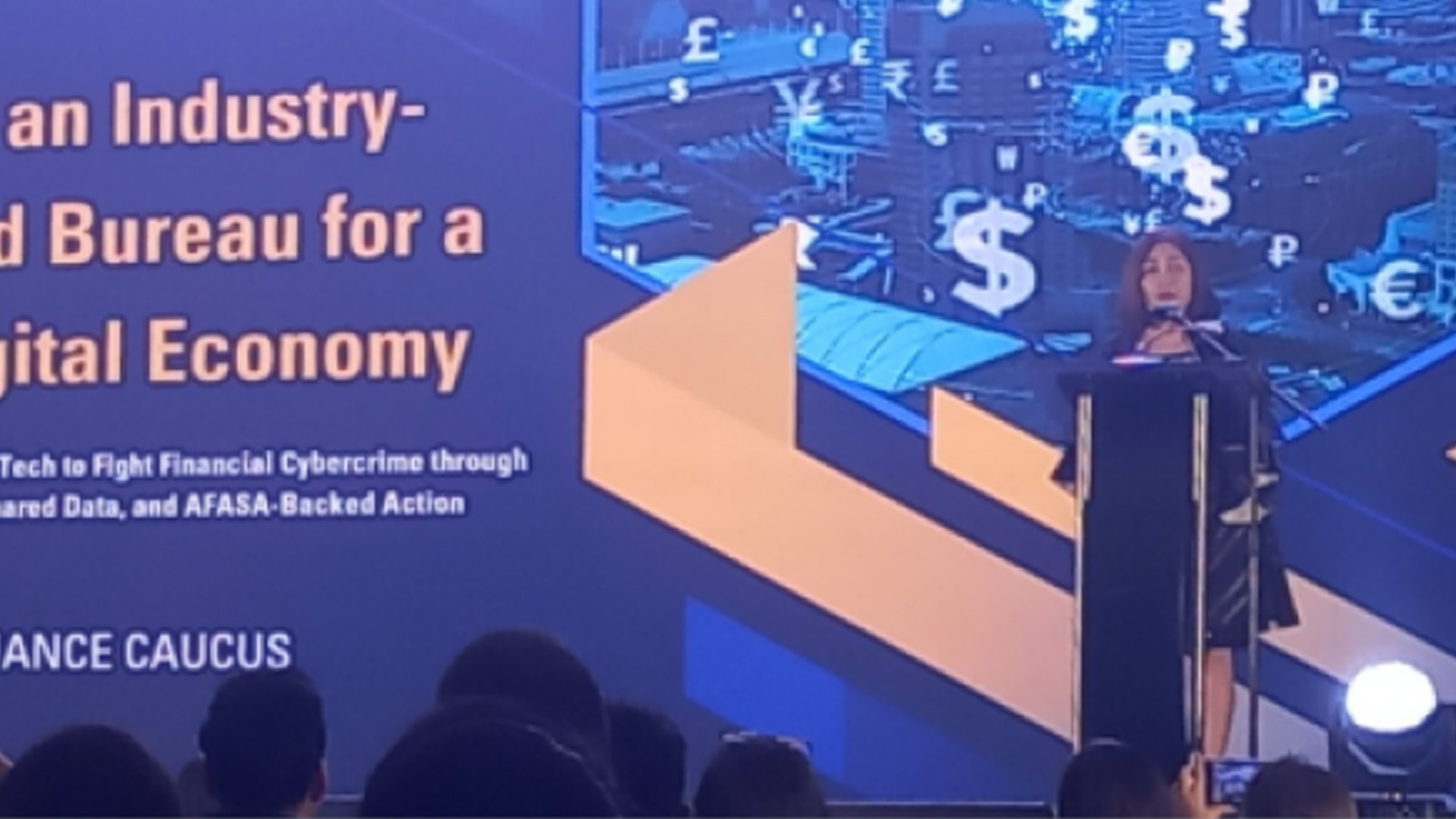A central bank official on Tuesday said financial fraud, especially in the digital age, is not solely the Bangko Sentral ng Pilipinas’ (BSP) task to solve but a shared responsibility among stakeholders.
“The fight against this threat is no longer a challenge that one sector or an institution can face alone. It is a shared responsibility demanding a shared response,” BSP Deputy Governor Chuchi Fonacier said during the 2nd Quarter Digital Industry Caucus held in Taguig City Tuesday.
Fonacier said financial fraud “should be addressed holistically,” citing Republic Act (RA) 12010 (Anti-Financial Account Scamming Act or AFASA) and BSP Circular Nos. 1213, 1214 and 1215, which provide measures to address scamming and related issues.
“It’s working together. So, it’s not one institution that can address this. Not even BSP alone but really the entire ecosystem, ecosystem of players, regulators, innovators and the financial institutions,” she said.
Fonacier cited the support being extended by the national government to address issues on artificial intelligence (AI) and challenges in financial system innovation.
“Hopefully the openness of the government to collaborate with the private sector on AI and those things can help, apart from the innovation itself. It can help develop tools that can address cyber threats,” she added.
Lito Villanueva, Fintech Alliance founding chair, said the signing of AFASA in July 2024 “is a major step forward” to address the impact of cybercrimes.
“It has been one of the major ingredients in making sure the Philippines would be out of the gray list of the Financial Action Task Force,” he said.
The Philippines was placed in the FATF’s gray list in 2021 due to deficiencies on policies to fight money laundering and terrorism financing, but was taken off in February this year after measures were put in place to address gaps. (PNA)








